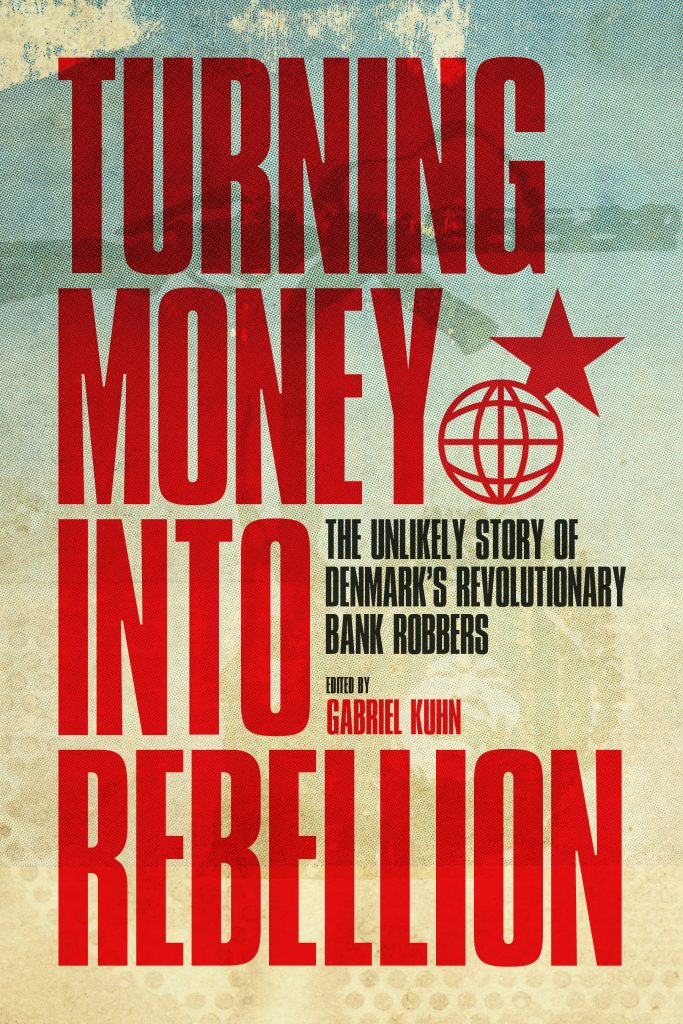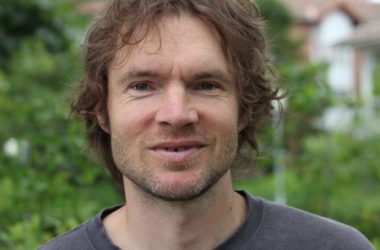Denmark Press Round-Up
Turning Money into Rebellion,
recently released by PM Press and Kersplebedeb, has received much
attention in Denmark. Telling “the unlikely story of Denmark’s
revolutionary bank robbers”, the book focuses on the exploits of the
so-called Blekingegade Group, a circle of antiimperialist Marxists
responsible for a series of robberies stretching from 1972 to 1988. All
of the money acquired in the often spectacular heists was transferred to
Third World liberation movements, in particular the Popular Front for
the Liberation of Palestine (PFLP).
The Danish interest in Turning Money into Rebellion comes as no surprise. The actions of the Blekingegade Group and the subsequent legal procedures have left a strong mark on Danish society, affecting everyone from left-wing activists to law enforcement agencies. Internationally, however, information about the group has been scarce. Turning Money into Rebellion presents the story for the first time in English. This explains Danish headlines such as “International Breakthrough for the Blekingegade Group” (by the left-wing news outlet Modkraft) or “International Debut for the Blekingegade Gang” (by Danish Radio).
International recognition is not the only aspect of interest for the Danish media, however. Turning Money into Rebellion also includes the first extended interview with key members of the group in twenty years. While the conversation mostly focuses on political analysis, revolutionary practice, and the prospects of socialism, Danish journalists have covered almost exclusively the parts addressing criminal activities. Most attention was given to a short comment by Jan Weimann, who answered the question why PET, the Danish intelligence service, had never targeted the group despite having observed it for nearly twenty years, with the following: “One can wonder, of course, why PET never even tried to give us a fright. They could have arrested us or called us in for questioning at any time. This might not have gotten us convicted, but would we have had the spirit to continue with the illegal practice afterward? I’m not sure.”
PET’s role in the Blekingegade saga has been controversial ever since the group’s members were arrested in 1989 after a robbery that had left a policeman dead. Despite several investigative commissions convened by the Danish government – the latest as recent as in 2010 – the question has never received a satisfying answer. Says Jan Weimann: “To this day, I wonder what PET really thought of us. They clearly suspected us of something, but how much did they really know? There are only two possibilities, and neither sheds a good light on PET: the first one is that we were indeed the main suspects in some robberies, but that PET didn’t have much interest in that and was more interested in catching bigger fish, namely PFLP members, perhaps also considering their collaboration with the Mossad; the other possibility is that, despite the frequent observation and other efforts, they simply didn’t have a clue.”
Berlingske, Denmark’s second-biggest daily, published a half dozen articles about Turning Money into Rebellion, including an interview with the former head of PET Per Larsen (who continues to dismiss all criticism of the agency), and a report about Danish MP’s demanding yet another inquiry into PET’s handling of the matter. Whether this will provide new insights remains to be seen. With respect to the most recent Blekingegade commission, Torkil Lauesen showed little optimism in the Turning Money into Rebellion interview: “You never know, but I don’t expect much. As you say, there have already been several investigations, and PET always managed to disclose very little. I can’t see why it would be different this time around.”
More blogs from Gabriel | Back to Gabriel Kuhn’s Author Page







